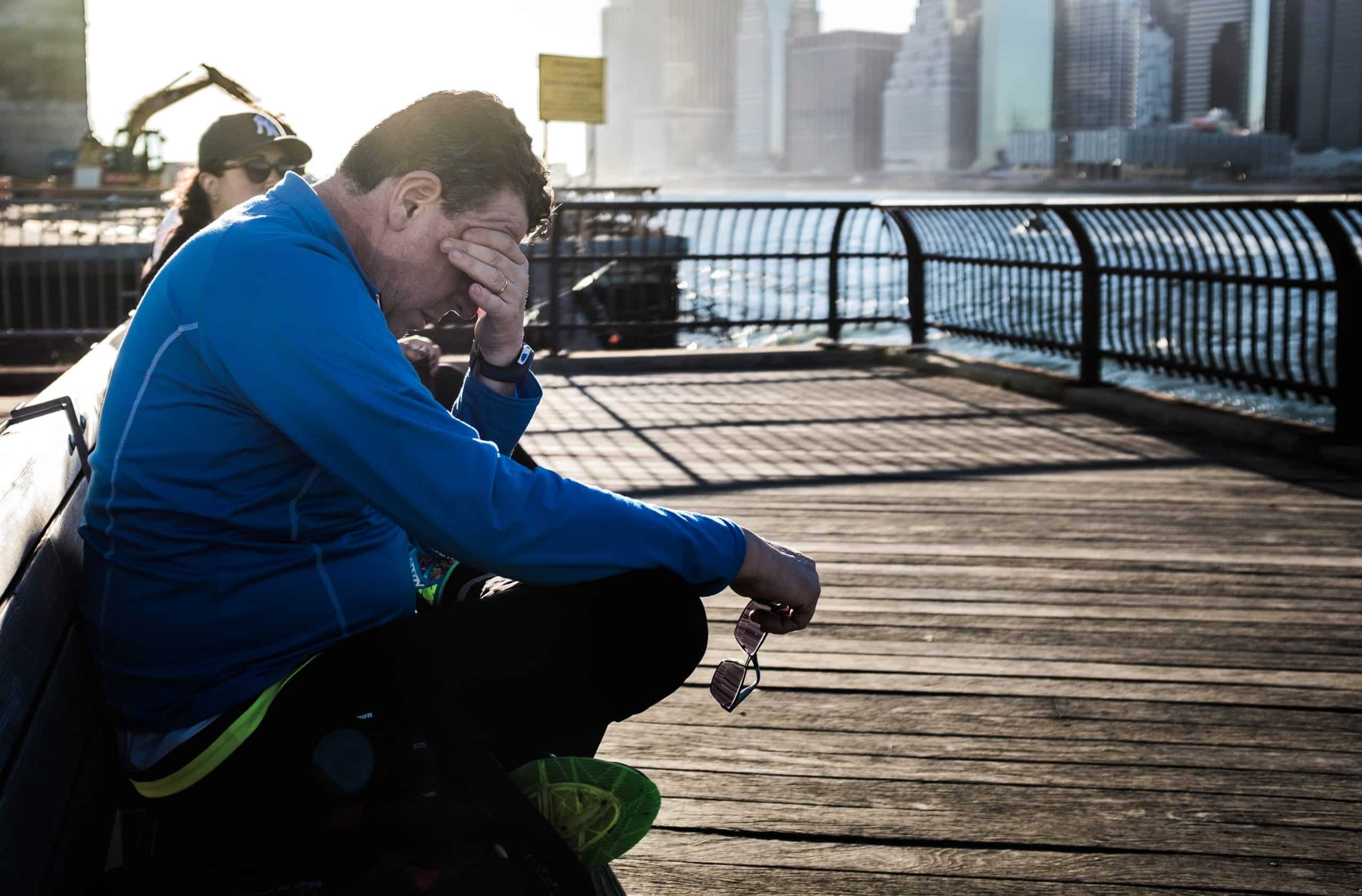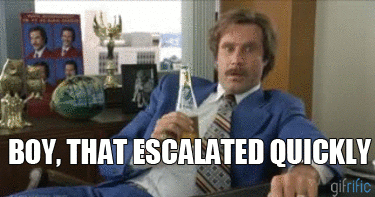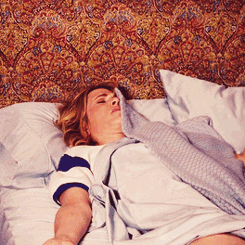It is common for our Daybreak members to report feeling fatigued and low in energy.
Here is the double edge sword: sometimes feeling lethargic is the thing that triggers an urge to drink (for an energy boost at the end of the day). However, often people feel fatigued because of their drinking.
Drinking in the evening may help us fall asleep, but it will affect the quality and duration of our sleep.
For many people, sleep and energy is a major concern. While we are improving in health-related behaviours in general like eating and exercising, our commitment to getting enough sleep has not quite caught up.
Alcohol can allow you to hit that pillow pretty fast, but this intoxicated sleep differs to REM (rapid eye movement) sleep. Studies have found that the depressive nature of alcohol disrupts the body’s natural ability to enter REM sleep.
Not getting enough sleep means we won’t be able to function at our highest rate. We may be moodier and more lethargic. It also can lead to more serious problems later in life like heart disease, diabetes and stroke.
Here are some (alarming) stats about sleep and health:
■ Two-thirds of adults in developed nations fail to obtain the nightly eight hours of sleep recommended by the World Health Organisation.
■ Centre for Human Sleep Science in California found that an adult sleeping only 6.75 hours a night would be predicted to live only to their early 60’s without medical intervention.
■ A 2013 study from the University of Southern Denmark reported that men who slept too little had a sperm count 29% lower than those who regularly get a full and restful night’s sleep.
So what can you do if you are just not getting enough sleep?
Ideas to improve the quality of your sleep, as well as your energy levels the next day:
Regularity– going to bed at the same time each evening is helpful in allowing ourselves to start to wind down automatically.
Light – limiting screen time or dimming the lights on our phones and computers can be helpful. As well as switching off the lights in our house several hours before bed. This helps our melatonin to rise before we go to sleep, making it easier for us to become drowsy and fall asleep faster, as well as sleep more deeply.
Temperature – it is easier to sleep in a cool room, and our brain needs to drop its temperature to sleep. The reason we often feel drowsy after a hot bath is that during the bath we experience vasodilation (blood rushing to the surface). When we leave the bath our core temperature plummets, making it easier for us to sleep. Sleeping in less clothes can also help with keeping the temperature low. Additionally, it is generally rising temperature that awakens us in the morning, rather than light. Keeping your room cool may help you to sleep longer in the morning.
Bi-Phasic Rest – everyone, regardless of their diet, experiences some degree of a postprandial dip in alertness after lunch. This usually happens between the hours of 2-4 (those with a more carbohydrate rich diet might experience more of a dip). Many people find that (if possible) a siesta can help with this, or else lunchtime exercise can help to activate and increase energy levels.
Familiarity – When we are in unfamiliar settings (such as hotel rooms or travelling), part of our brain is still active and we tend not to sleep as well as we normally do. Finding ways to make our environment more familiar when travelling can be helpful. Like sleeping by the window as you do at home, or engaging in grounding rituals (eg. hot shower before bed and reading) can help to mitigate some of the disruption to this familiarity.





